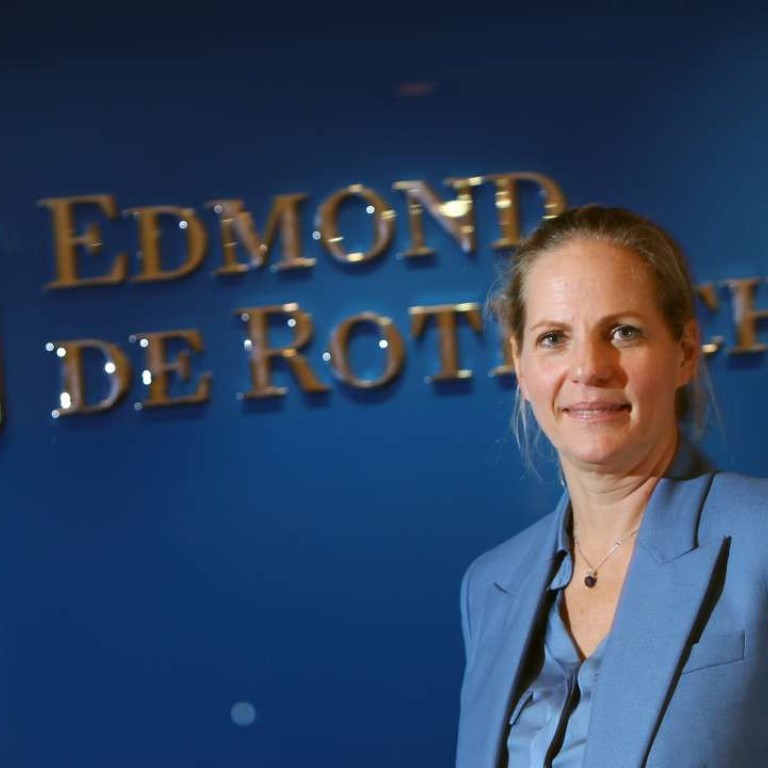
Edmond de Rothschild to close Hong Kong branch amid troubled times for private banks
The Swiss investment manager plans to continue to tap growth opportunities in Asia through partnerships with other firms
Swiss wealth and investment manager Edmond de Rothschild has become the latest casualty of turbulence in the private banking sector, announcing its intention to close its Hong Kong branch, its only outlet in Asia.
Edmond de Rothschild first opened a representative office in Hong Kong in 1992 and opened a full branch in 2012.
The company did not disclose a timetable for its withdrawal but Jing Zhang Brogle, chief executive officer of Edmond de Rothschild’s Hong Kong branch denied media reports that the branch would cease operations by the end of December.
The bank also said that it would continue to exploit the growth opportunities in the region through partnerships with companies including SMBC Nikko Securities and Samsung Asset Management.
Private banks are facing increasing costs related to compliance, with regulators paying much greater attention to enforcing the rules than in the past
Edmond de Rothschild’s withdrawal from Hong Kong is the latest development in a sector that is going through considerable turmoil at present.
On Tuesday, Liechtenstein’s LGT announced that it had purchased ABN Amro’s private banking business in Asia and the Middle East and, in October, Australian bank ANZ announced the sale of its retail banking and wealth management units in five Asian markets to DBS.
Societe Generale, Barclays and RBS have all also sold their Asian private banking operations in recent years.
Earlier this week Credit Suisse, which had placed high hopes in its private banking practice in Asia driving growth for the bank, cut its pre-tax profit target for its Asian unit from 2.1 billion francs to 1.6 billion.
Keith Pogson, a senior partner in EY’s financial services practice, said there were two factors driving the turbulence in the private banking sector.
“First, private banks are facing increasing costs related to compliance, with regulators paying much greater attention to enforcing the rules than in the past, and second the rise of robo advisors is starting to have an effect,” he said.
“What this means is that banks have decided that they either need to get big or get out.”
Robo advisors are wealth management services that use algorithms to provide investment advice without the need for human involvement.
Larger banks can leverage sufficient economies of scale to manage the increased costs.
Despite the challenges, some banks are continuing to expand their private banking operations with the newly created wealth of Chinese entrepreneurs proving to be an alluring target.

